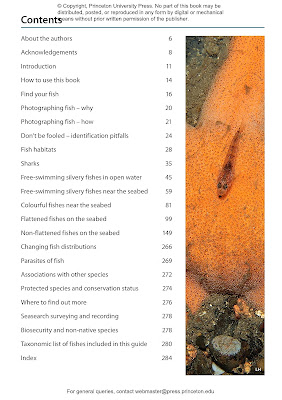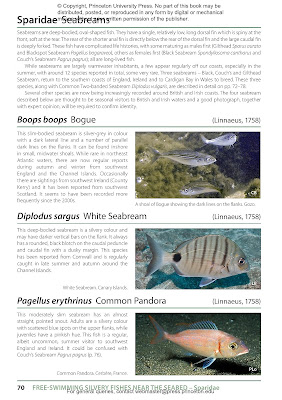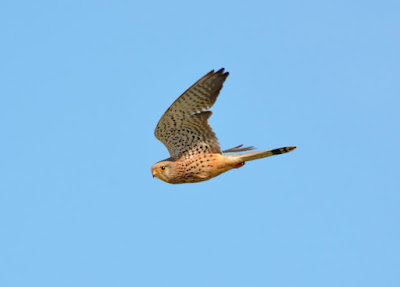Back home now from our favourite Greek island. Here’s a picture or two of birds and Skiathos the place. Click the pics for close-ups.
The locals told us that this May had been the coldest Skiathos for forty years. For us the northerly breezes meant cool mornings and chilly evenings but the days stayed dry. A number of cloudy days meant that photography was often in poor light but on sunny days Skiathos was as captivating as ever. We took full advantage of every single day with some on the beach, wandering around Skiathos Town or simply enjoying the landscape.
The Bee Eater fest of Week One continued into the second week. Every single day we would either see or hear gangs of European Bee Eaters overhead, sometimes so high that they were barely visible, other times in view at moderate height but still too high for photos. Just one day I got lucky when a gang of 80 or more spent time around the area of Aselinos beach and when I grabbed a couple of shots into poor light.
Bee Eaters
Bee Eaters
I am not sure if Bee Eaters breed on Skiathos. It seems more likely that many thousands pass through this part of Greece in the spring and autumn as part of the estimated European population size of 78-90 million individuals and a distribution area extending over 55.7 million km². While a single Bee Eater can eat as many as 250 bees a day, 80% of their overall diet, it is thought this mainly bee diet has little or no impact upon the bee populations. With the species so numerous and widely distributed is is surprising that they don't occur in the UK more than they do currently. Perhaps that final flight across the English Channel is too much after travelling from deepest Africa?
Shrikes continued to be a feature of the scrubby fields, scattered trees and even roadsides where there is roadkill or insect activity. We had one or two sightings of Woodchat Shrike but multiples of Red-backed Shrike. The female shrikes seemed much more likely to hang around for a photo while the males proved very unwilling to be pictured.
Red-backed Shrike
Woodchat Shrike
Red-backed Shrike
Mid week brought a bird I’d not seen in many a year, a Lesser Grey Shrike. It’s a species rarely seen in the UK but one that is widespread in Central and Eastern Europe.
I spotted a grey shrike on a post some 200 yards ahead while driving to Aselinos beach and thought it could be either Great Grey Shrike or Lesser Grey Shrike. On closer approach and because the bird was fairly obliging, I could name it as the Lesser Grey Shrike after its deep chunky bill, white feather patch in the tail, pinkish breast and long primary feathers. Black eye in a black mask = always a difficult one!
Lesser Grey Shrike
Lesser Grey Shrike
Closer to our base of Spiti Oneiro/Dream House we found a Little Owl, a common enough bird of the island but infinitely shyer than the UK equivalent. The Scops Owl is the most common of the Skiathos owls, one heard and seen at dawn and dusk, the Little Owl less vocal and very difficult to see.
After a few clicks of the camera our Little Owl would sometimes disappear into the confines of the dilapidated shed upon which it sat. And when a noisy dog protested at our parking close to his property is it my imagination that the owl was not pleased to be disturbed from its afternoon nap?
Little Owl
Little Owl
More pictures below of the island landscape, views around town together with time spent at the boatyard. You see, Skiathos the island and Skiathos Town are places of work and normal life that the islanders are happy to share with tourists from far and wide who are eager to experience this unique and beautiful island.
Skiathos Town, Papadiamontis Street
View from Plakes
View from the hills above Skiathos Town
View from the boatyard
Mending Nets
More Tourists
A dead Leatherback
Don't attempt this at home!
Boatyard scrapyard
Making a new mast
Likewise
Dino's Skiathos Town
Goat Dog
Meating point café
Bourtzi, Skiathos Town
Aselinos
At the airport
Hull
30 Euros a day
Aselinos
Shoring Up
View from Plakes
Skiathos Trails
Greek Delight
Other birds seen - Nightingale,
Turtle Dove, Sardinian Warbler, Little Bittern, Little Egret, Roller, Whichat
Black-headed Bunting, Hobby
Collared Dove, Yellow-legged Gull, Barn Swallow, Red-rumped Swallow, Marsh Warbler, Reed Warbler, Scops Owl, Buzzard.
Back soon. Don't go away
Linking this weekend to Eileen's Saturday Blog and Anni in Texas.




























































































.JPG)







.jpg)











